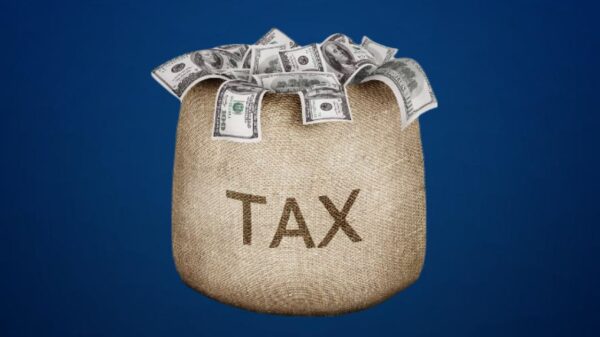By: Juan Londoño
This Thursday, the Consumer Financial Protection Bureau (CFPB) will have a hearing on credit card rewards. This comes after Senator Dick Durbin’s (D-Ill.) failed attempt to host a hearing with the CEOs of various airline and credit card companies in an effort to eliminate credit card airline awards. These hearings are part of a broader attempt to pass the Credit Card Competition Act (CCCA), which would heavily restrict or prohibit credit card companies from offering rewards programs. These proposals are not only misguided and based on specious factual assumptions but could deal a heavy blow to economies like Florida’s.
Banning credit card rewards programs will significantly upend Florida’s tourism industry. Consumers (regardless of their income) consistently use their credit card rewards to offset the cost of travel and vacations. For a state that hosts a Formula 1 Grand Prix, multiple music festivals, and boasts a world-famous amusement park, this proposal could come at a high cost. Recent estimates indicate that almost 2.5 million travelers used credit card miles to travel to Florida in 2022, and their visits added around $3.76 billion to Florida’s economy.
Proponents of the CCCA claim that credit card rewards are causing a “reverse Robin Hood” effect. According to them, low-income households have lower access to rewards credit cards relative to high-income households, while still bearing the costs of interchange fees through higher prices at the counter. Additionally, they claim that these higher prices mean cash and debit users are also subsidizing high-earner’s rewards programs. Proponents also claim that low-income households are more likely to be charged a higher interest rate, so the cost of interest will offset the benefits of rewards programs.
These claims are false. A recent study by the Electric Payments Coalition (EPC) revealed that low, middle, and high-income households earn and redeem credit card rewards at similar rates. Additionally, rewards card offerings for lower-income households have increased to a point where low-income households are equally likely to have a rewards card in their home as higher-income households.
The report also noted that there is little correlation between risk score and income levels, which means that lower-income households do not actually face higher interest rates. The study also tackled claims that rewards cards lead to higher overall prices at the counter. In reality, merchants oftentimes benefit from accepting rewards cards, making the need to compensate for interchange fees unnecessary.
Ultimately, the proposal would fail to obtain its stated objective. As past experiences have shown, removing card rewards has little to no effect in reducing prices, despite the removal or limitation on interchange fees. The first Durbin amendment, which effectively banned debit card rewards programs, had virtually no effect on retail prices. Instead of correcting course, the senator has decided to double down and extend this failed policy to credit cards.
A restriction on these popular rewards could be incredibly damaging for the American and Floridian economies, especially as consumers are increasingly relying on rewards to offset the impacts of recent surges in inflation. According to the EPC study, more than $38 billion in unredeemed rewards could be potentially lost if these programs were to be shut down. This would essentially pull the rug out from under millions of Americans who are relying in these rewards as a safety net for unexpected purchases, or to take a much-needed vacation as the summer arrives.
For an economy where visitors add $333 million per day to the state economy, deterring tourism could cause significant harm to Floridians. If the CCCA were to pass, the millions of visitors that do so by cashing in airline miles or offset vacation spending with their cashback benefits might think twice before making the trip down to the Sunshine State. This could have a ripple effect throughout the state’s economy, as local businesses will face lower revenues and mass-audience festivals could see lower attendances.
Policymakers in Florida and across the nation should think twice before shooting themselves in the foot by passing such a misguided policy.
Juan Londoño is a senior policy analyst at the Taxpayers Protection Alliance.






















